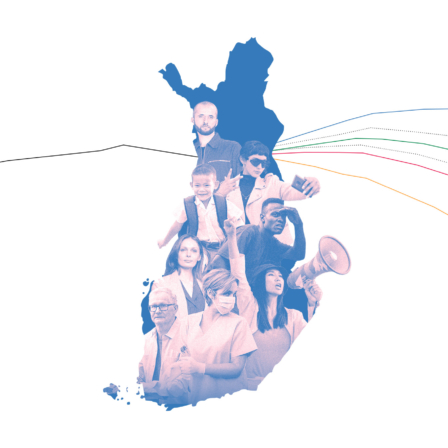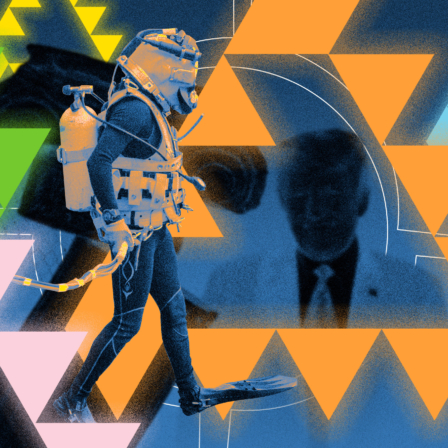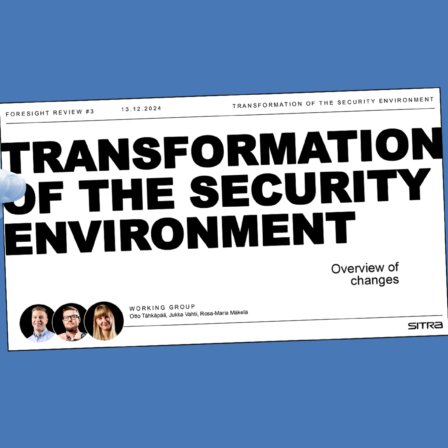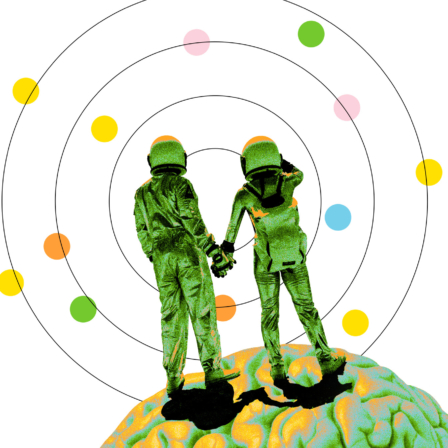At the core of an evaluation is defining the value or merit of an activity, intervention, service or programme. What do we evaluate when we assess the value and merit of futures work?
Futures work and foresight provide systemic analysis of drivers of change, alternative futures and their implications for present actions. They consist of preparing for the future by analysing trends and megatrends, planning for the future by creating visions, and exploring alternative and emerging futures by studying weak signals, and they are often generated in different networks of social actions, actors and organisations. Above all, futures work is about creating system change and societal impact.
In general, foresight and evaluation are linked by a common goal, which is to support and expand the knowledge base used for decision-making. They are both practices and tools for knowledge production and aim to increase shared learning and understanding that can support development and strategy work, for example.
The time span of the societal impact is often long, which is why it is important that the evaluation is future-oriented. The future orientation and the systemic nature of societal changes challenge the traditional evaluation methods that focus on assessing the impacts of past events and results. Below are the two main tenets of this work.
1. Evaluation supports learning and constructing futures
When planning an evaluation, the first question is: “Why evaluate futures work and foresight?” What value can evaluation produce? Evaluation that aims to support strategic management and development should answer the question of whether we are doing the right things at the right time.
Utilisation of evaluation should be one of the guiding principles throughout the evaluation process, creating forums for learning and feedback loops.
The crucial purpose of evaluating futures-oriented work and practice is alsoto support learning and development while increasing knowledge about how and why things succeed or not. A high-quality evaluation requires understandingof the nature and objectives of futures work from both the evaluator and the commissioner. Contextual understanding is necessary for analysing the contribution towards impact goals and the relevance of strategic choices by the organisation in question.
2. Evaluation should consider futures capabilities and multiple perspectives
The suitability of approaches and methods used for impact evaluation depends on the nature of the work and context as well as on what information in needed. In evaluating futures work, it is essential to broaden the impact assessment to consider the process and how the outcomes are generated, not just the outputs and outcomes of foresight.
The impact should be also considered in relation to the development of futures capabilities, rather than just the production of futures knowledge.
Different kinds of perspectives are also needed. The impacts of futures work and foresight can be analysed at both the individual and organisational level, depending on the targets and the change dynamic of the futures work.
At the individual level it would mean evaluating an individual’s futures consciousness and literacy, awareness of potential future developments (such as trends and megatrends) and how futures consciousness influences decision-making. At the organisational level it would focus on evaluating the futures preparedness, use and production of futures knowledge and how well and in what ways the organisation makes use of the foresight processes and practices.
Futures work is developing all the time, which is why we must constantly develop new approaches and methods for evaluation too. For example, what kinds of new technologies and data sources could evaluation use in a trustworthy and purposeful way?
This calls for the use of mixed methods that take account of the nature and dynamic of futures work and the systems in which we work.
We will discuss the topic in more detail during our session “Evaluating the impact of futures work and foresight – Good practices and lessons learned from Sitra’s impact evaluation” at the Constructing Social Futures conference at Turku, 12 June 2019.














Recommended
Have some more.